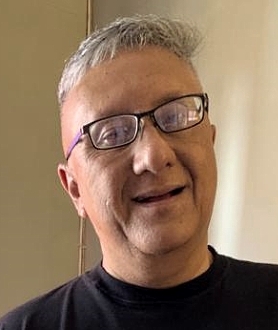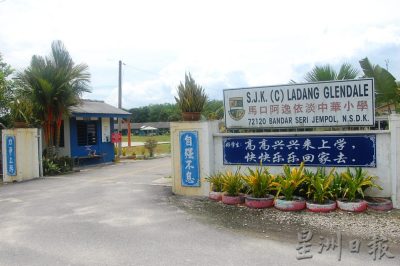
By Mohsin Abdullah
The Federal Constitution has this to say on the appointment of judges of the Federal Court, Court of Appeal and the High Courts: "The Chief Justice of the Federal Court, the President of the Court of Appeal and the Chief Judges of the High Courts and the other judges of the Federal Court, the Court of Appeal and the High Courts, shall be appointed by the Yang di-Pertuan Agong acting on the advice of the Prime Minister after consulting the Conference of Rulers."
As for the appointment of the Election Commission, the Constitution says: "The Election Commission shall be appointed by the Yang di-Pertuan Agong after consultation with the Conference of Rulers and shall consist of a chairman, a deputy chairman and five other members."
Compare the two provisions above, it's clear that unlike the appointment of judges, the Constitution makes no mention of the prime minister or his role in the appointment of EC members.
Hence, the Yang di-Pertuan Agong can make the appointment after consulting His Majesty's fellow Rulers only.
What this mean is: the scope of the EC appointment is even wider, giving the Rulers more room, according to constitutional law expert Dr Aziz Bari.
However, by "convention" or rather the usual practice, the names of candidates for the EC are proposed by the government, i.e. the prime minister in most of the time.
The Constitution also states that in appointing members of the EC, the Yang di-Pertuan Agong "shall have regard to the importance of securing an Election Commission which enjoys public confidence."
What the country is waiting for now is not the appointment of the EC in its entirety, but its chairman, following the recent resignation of Datuk Azhar Harun who has since been appointed Speaker of the Dewan Rakyat.
What more with talk that a snap election is impending, not to mention a by-election in Perak which must be held after the demise of Slim state assemblyman Datuk Mohd Khusairi Talib a few days ago.
According to Bersih 2.0, in order to enjoy public confidence in the EC chairperson or any member of the commission for that matter, he or she must "have proven track record in individual integrity, of being fair and free from government politics and party and also have knowledge, experience and expertise in election law and the electoral system".
And Bersih 2.0 has reiterated its call for EC to "remain committed in implementing electoral reform agenda so that our electoral system is clean and fair and would not be a tool for any party to keep them in power".
As the election watchdog sees it, there are reforms in place, thanks to Azhar's efforts and the reforms introduced "have improved the conduct and transparency of our electoral system and boosted the EC's reputation as a more transparent and accountable body".
That I suppose explains the big hue and cry when Azhar quit to accept the government's "offer" for him to be appointed Speaker in the Parliament.
Yet, as a political observer tells me, "even with Azhar's controversial departure, there are still a few good men left in the EC, like Azmi, to ensure fair and transparent elections".
Azmi is Dr Azmi Sharom, the EC deputy chair who is at present shouldering the duties of chairman.
"Azmi as the deputy would be excellent to continue the reform started under Azhar," says Bersih 2.0 chairperson Thomas Fann.
Indeed, many observers and political analysts feel it's right for Azmi to sit as the EC chair.
Of course, there are folks who say recently ousted Dewan Rakyat Speaker Tan Sri Ariff Yusof can make a good EC chairman.
"I think there's no harm putting Tan Sri Ariff at EC. He had shown fairness and impartiality as Speaker. He has legal background being former Court of Appeal judge and lawyer handling election petitions. He started as an academic and Azhar was in fact his former student. Yes, Ariff is quite an ideal choice," say another observer.
Whoever the new EC chairman, I concur with Bersih 2.0 when it says "EC as a referee in elections should remain independent to ensure that the electoral playing field is always leveled and impartial."
(Mohsin Abdullah is a veteran journalist and now a freelancer who writes about this, that and everything else.)
ADVERTISEMENT
ADVERTISEMENT


































